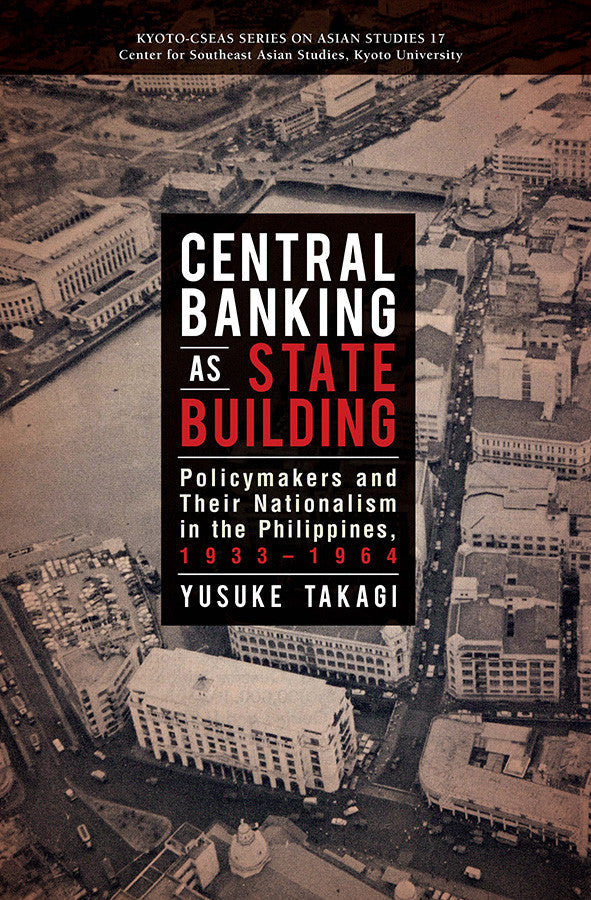Central Banking as State Building: Policymakers and Their Nationalism in the Philippines, 1933-1964
$36.00 SGD
From its creation in 1949 until the 1960s, the Central Bank of the Philippines dominated industrial policy by means of exchange controls, becoming a symbol of nationalism for a newly independent state. The pre-war Philippine National Bank was closely linked to the colonial administration and plagued by corruption scandals. As the country moved toward independence, ambitious young politicians, colonial bureaucrats, and private sector professionals concluded that economic decolonization required a new bank at the heart of the country’s finances in order to break away from the individuals and institutions that dominated the colonial economy. Positioning this bank within broader political structures, Yusuke Takagi concludes that the Filipino policy makers behind the Central Bank worked not for vested interests associated with colonial or neo-colonial rule but for structural reform based on particular policy ideas.
"...a major contribution to the research on the early post-war Philippine political economy, which is still a largely unstudied period."
- Patricio N. Abinales, University of Hawai'i
Takagi Yusuke is assistant professor at the National Graduate Institute for Policy Studies (GRIPS).
Kyoto CSEAS Series on Asian Studies 17
Publication Year: 2016
236 pages, 229mm x 152mm
Paperback
ISBN: 978-981-4722-11-7
NUS Press and Kyoto University Press
Related Title:
State and Finance in the Philippines, 1898-1941: The Mismanagement of an American Colony by Yoshiko Nagano

